07 January 2022, Mumbai:
Due to the fast proliferation of Covid-19 cases across India, luxury traditional apparel, accessories, and jewellery designer Sabyasachi has switched to in-person appointments exclusively for its outlets, despite high demand.
The firm declared on Facebook that "Sabyasachi outlets around the nation would stay open for restricted in-person appointments only." "With the growing instances in mind, our community's health and safety remain our top priority." We appreciate our customers', artists', and staff' patience, support, and understanding at this difficult time."
Sabyasachi has flagship stores in New Delhi, Mumbai, Hyderabad, and Kolkata, all of which are scheduled to open in the near future. The company also sells through multi-brand luxury boutiques in a variety of metros (including London, UK), each of which has its own opening schedule.
The brand's website is also undergoing renovations, however, Sabyasachi's items may be purchased through Elahe's online store. According to Gulf News, Sabyasachi's latest fine jewellery line was just introduced in Dubai at multi-brand retailer Bayt Damas.
Sabyasachi expanded its fine jewellery collection in Dubai ahead of the forthcoming wedding season, after making its debut at the store last autumn.
"There will be polarisation when it comes to consumption of items when the pandemic stops," designer Sabyasachi Mukherjee told Gulf News this week. "Some individuals will be cautious, while others will take risks. During the epidemic, I had the opposite difficulty.
There was a greater demand than supply. However, because I am a responsible entrepreneur, my factor was functioning in a fragmented manner. We've been denying orders all throughout the world... Some people are heartbroken. When the choice is between life and livelihood, life takes precedence."
Dear Reader, we at DFU Publications are committed to providing the latest news updates on trade development and insights, to keep our readers informed. Stay tuned.



_thumbnail.jpg)

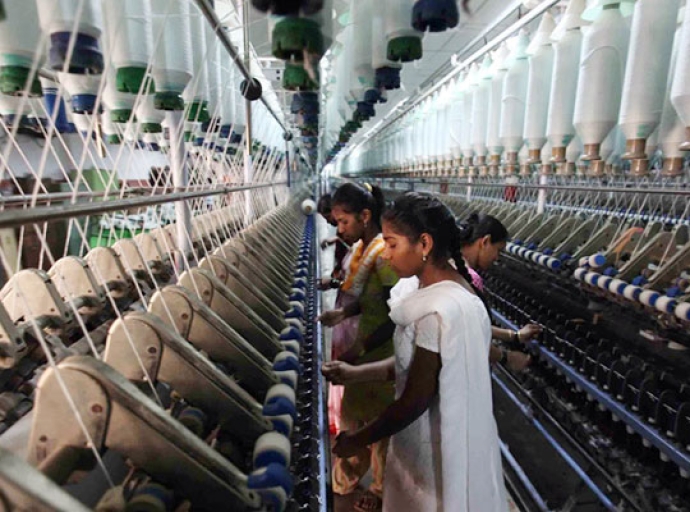
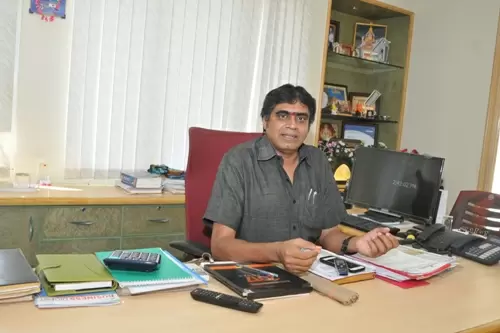
_thumbnail.jpeg)

-is-planning-an-initial_thumbnail.jpg)
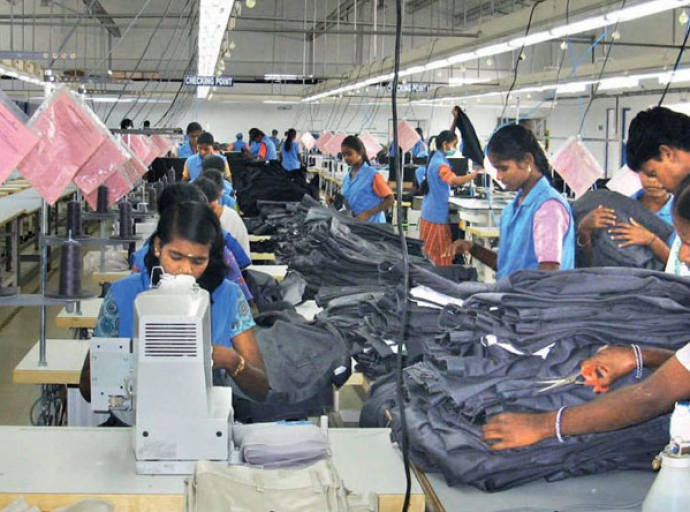

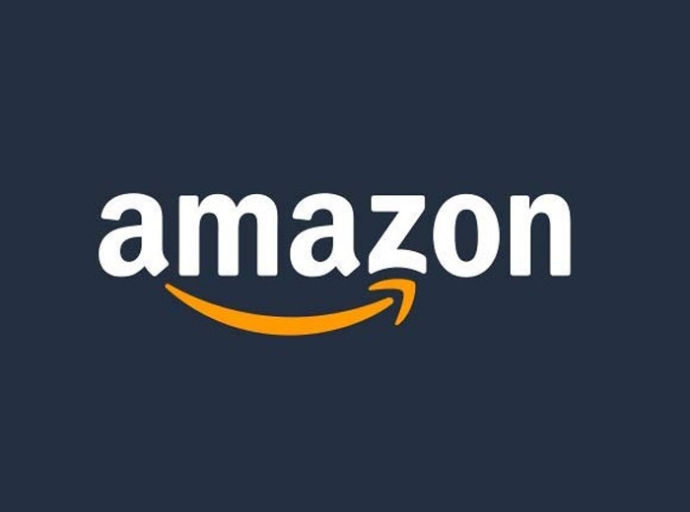
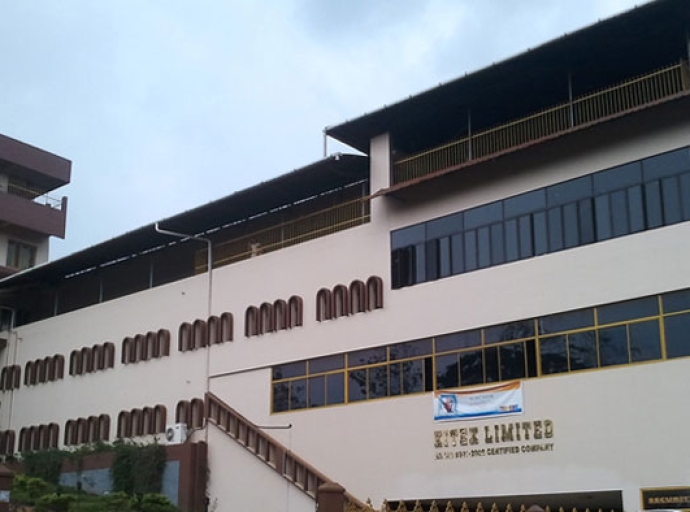
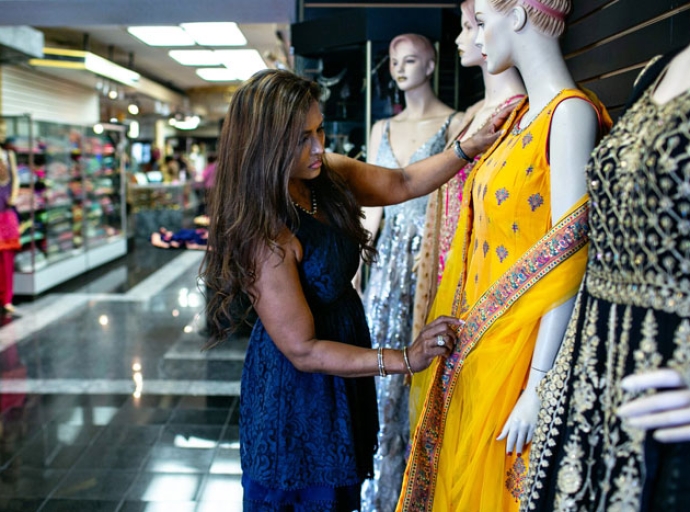
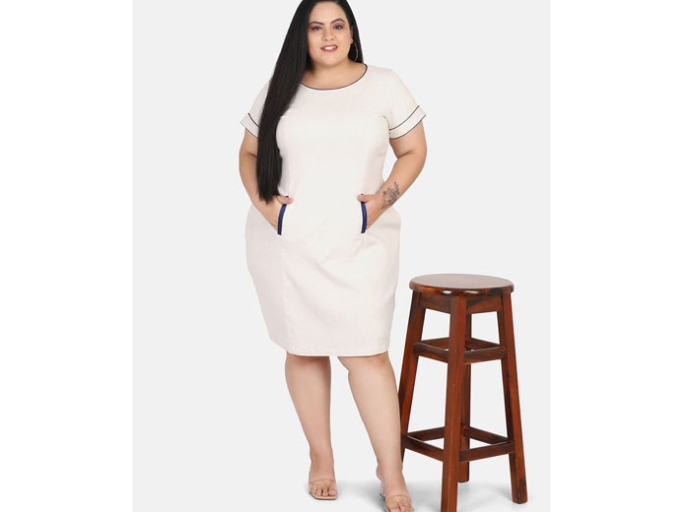
_thumbnail.jpeg)























